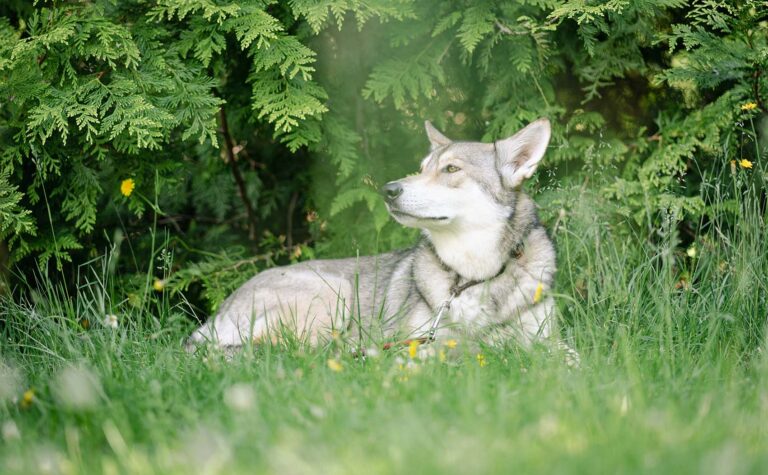Overheating Dog: What You Need to Know
Dogs love to run, play, and enjoy the sunshine, but high temperatures can be dangerous if you’re not careful. While humans can sweat and cool down, dogs primarily rely on panting to regulate their body temperature. This makes them much more susceptible to heat exhaustion and heatstroke.
Whether you are headed to the park, going for a walk, or just letting your dog hang out in the yard, knowing the signs of overheating and how to prevent it is essential.

Early Warning Signs of Overheating
Recognizing the signs of heat stress early can save your dog from a medical emergency. Watch for the following symptoms:
- Heavy panting or excessive drooling
- Lethargy or difficulty standing
- Bright red gums or tongue
- Vomiting or diarrhea
- Confusion or disorientation
- Elevated heart rate
- Collapse or unconsciousness
If you notice any of these symptoms, move your dog to a cooler area, offer water, and contact your veterinarian right away.
Dogs at Higher Risk in Hot Weather
While any dog can overheat, certain breeds and health conditions make some dogs more vulnerable.
High-risk groups include:
- Brachycephalic breeds such as Bulldogs, Pugs, and Boxers
- Senior dogs and young puppies
- Dogs with heart or respiratory conditions
- Overweight dogs
- Dogs with thick or dark coats
Knowing your dog’s risk level allows you to take extra precautions on hot days.
Prevention Tips: Keeping Your Dog Cool and Safe
Avoiding overheating is not difficult when you follow a few simple guidelines:
- Walk early in the morning or late in the evening when temperatures are lower
- Use the five-second rule on pavement. If it’s too hot for your hand, it’s too hot for your dog
- Always have fresh water available and bring some on walks
- Make sure your dog has access to shade or a fan when outside
- Avoid vigorous activity during peak heat
- Never leave your dog unattended in a parked car, even for a minute
The American Kennel Club offers a detailed guide to heatstroke in dogs with more tips on how to keep your dog safe during the hottest part of the year.
You can also reduce the need for outdoor activity by training indoors. Our Basic Obedience Training for High-Energy Dogs provides tools for keeping your dog engaged and responsive without exposing them to unsafe temperatures.
Indoor Alternatives for Physical and Mental Exercise
On the hottest days, skip the park and stay inside with fun, structured activities. These options keep your dog stimulated while staying safe from the heat:
- Scent games using treats or essential oil trails
- Hide and seek with toys
- Place drills using obedience commands
- Controlled tug or hallway fetch
- Puzzle toys and slow feeders for mental work
For creative ways to combine indoor training with skill development, check out this guide to serious games for dogs. These activities are not only fun, but also reinforce obedience and focus.
What to Do If Your Dog Overheats
If you think your dog is experiencing heat exhaustion, take immediate action:
- Move them to an air-conditioned or shaded area
- Offer small amounts of cool (not cold) water
- Use damp towels on their chest, paws, and belly
- Avoid ice baths or forcing water into their mouth
- Contact your veterinarian as soon as possible
Quick response can prevent lasting damage or even save your dog’s life.
Keep Training On Track, Even in the Heat
Summer weather can disrupt routines, but it doesn’t have to derail your dog’s progress. Training indoors builds confidence, reinforces structure, and gives your dog a safe outlet for their energy when outdoor time is limited.
If your dog struggles with stimulation or obedience during the chaotic summer months, we can help. Contact our team today to build a custom training plan that works indoors and out, no matter the temperature.

